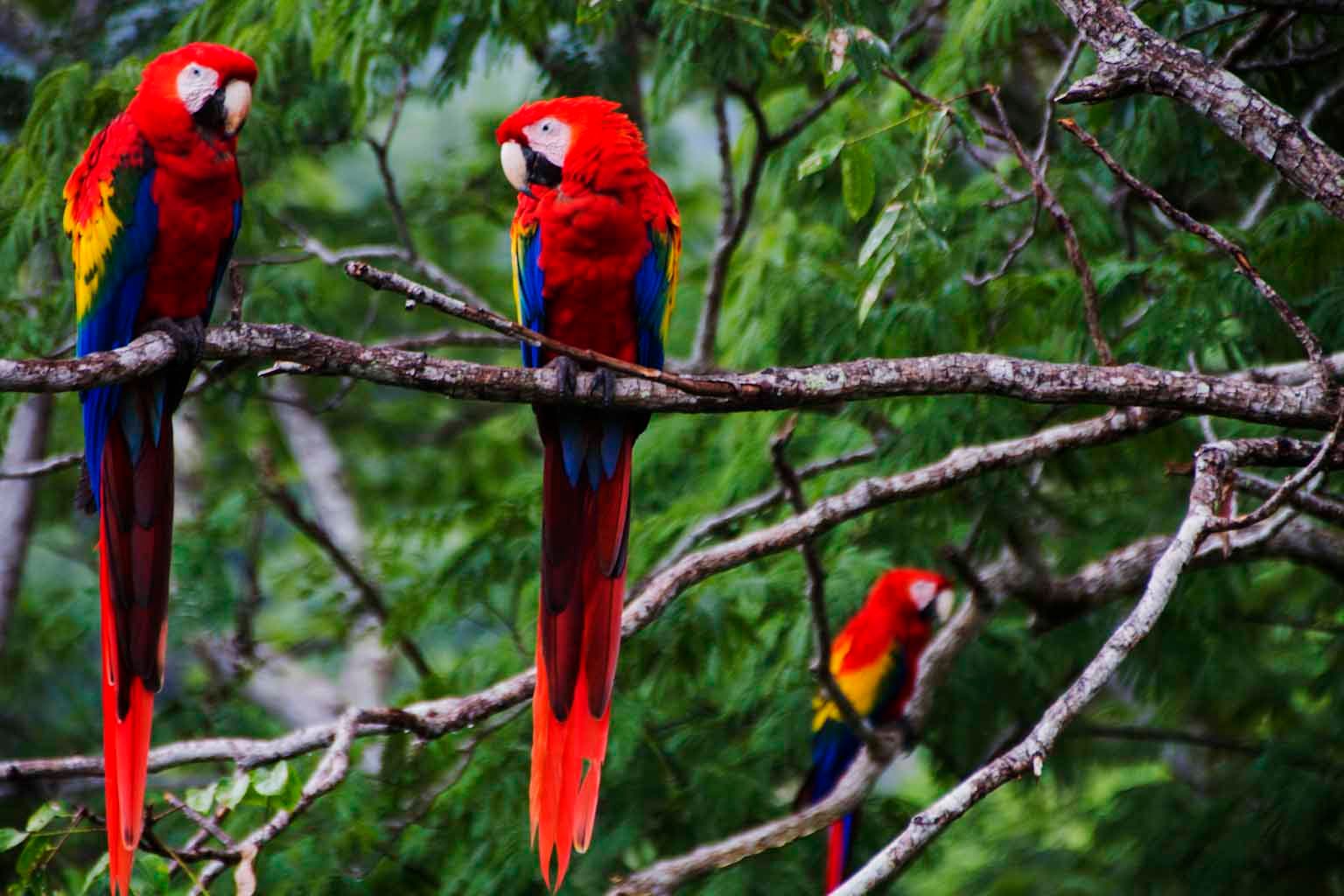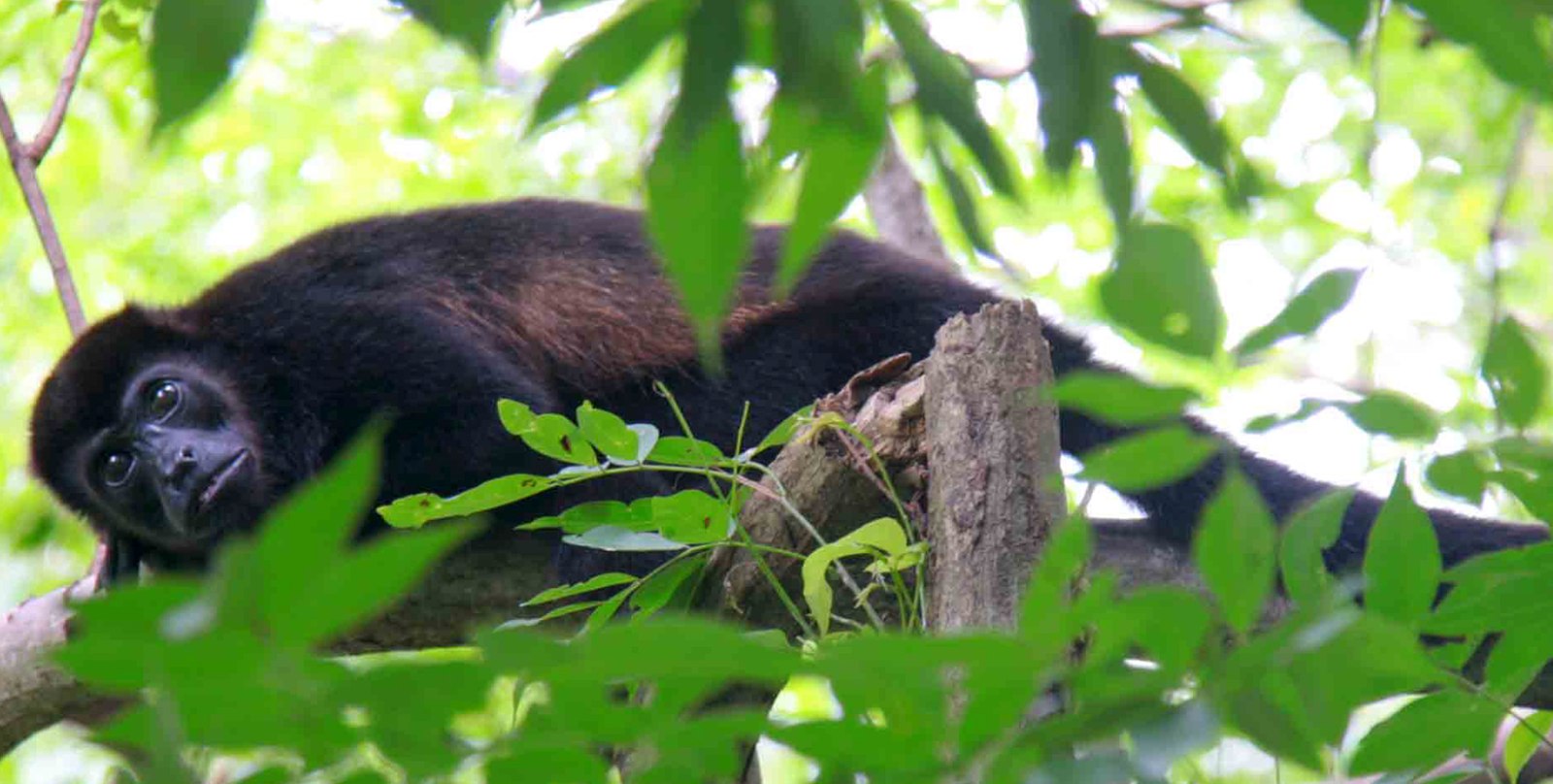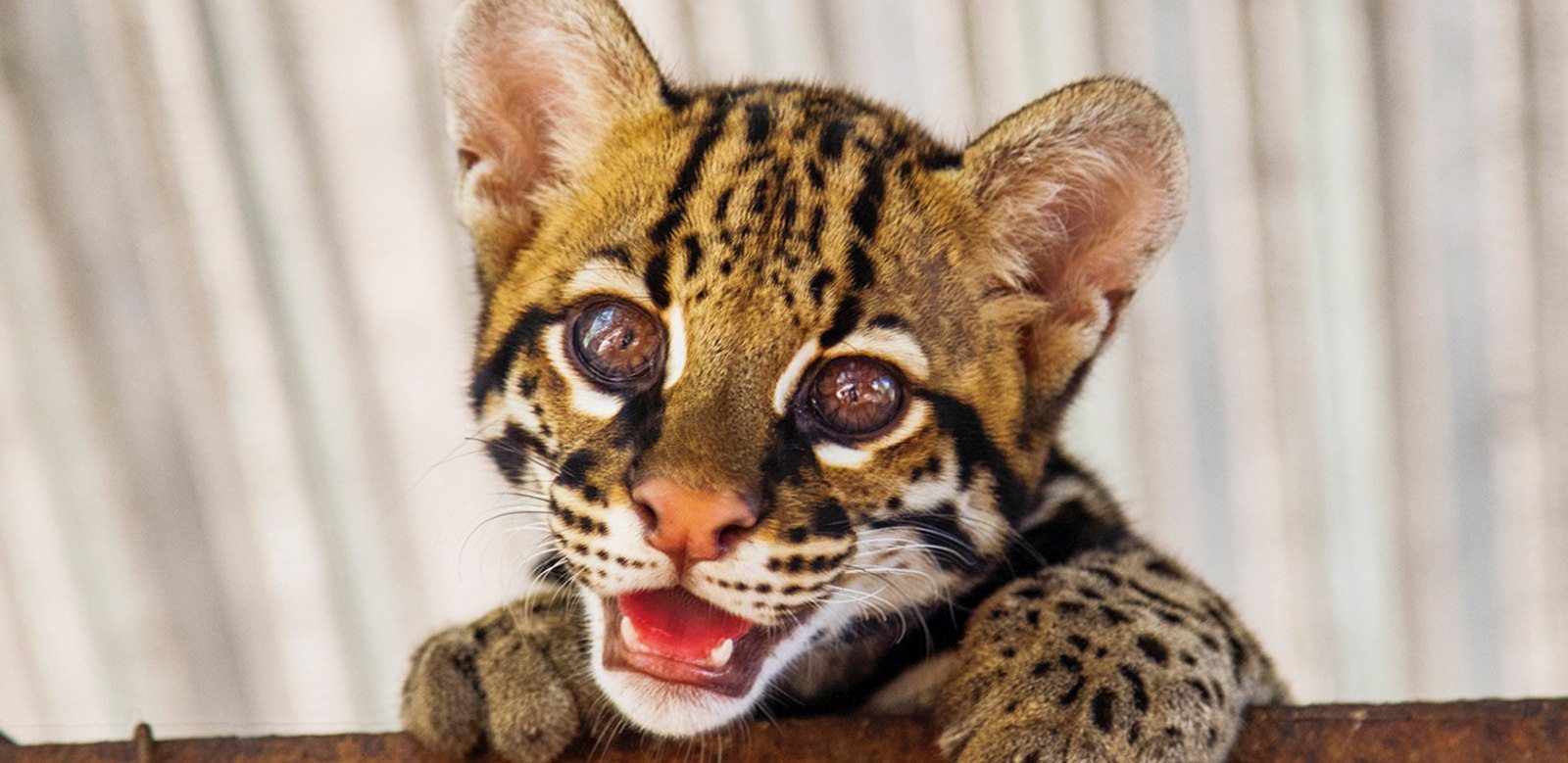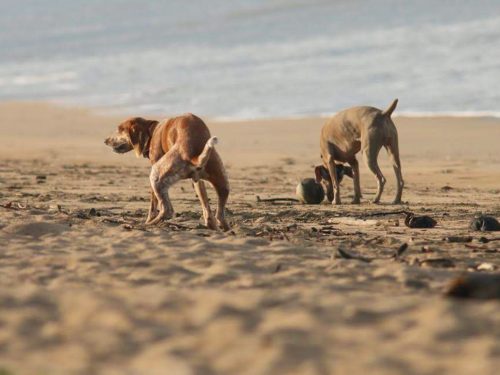
On April 25 of this year, the police arrested a foreigner who tried to leave through the Liberia airport with seven snakes stuffed in cloth bags in his suitcase. On September 7, residents of La Cruz reported to the Guanacaste Conservation Area (ACG) that titi monkeys were present in the community, a species they had never seen in that area before.
Both situations portray a relentless problem in Guanacaste and throughout the world: the illegal trafficking of wildlife. That’s why a virtual contest called Zoohackathon wants teams from Central America, the Dominican Republic and Panama to propose technological solutions to help combat the problem.
The competition will take place this year between November 19 and 21. In it, groups of between two and six people must solve three challenges. The winning team will receive $4,000 and pass automatically to the world competition to be held in December of this year.
Over the course of three days, participants will participate in live and pre-recorded video presentations, educational and fun sessions, and sessions with partners and mentors, explained the United States Embassy in Costa Rica, in charge of organization.
The Zoohackathon is an excellent opportunity to generate innovative technological solutions that complement the efforts already carried out by the United States and other countries in the region,” said the director of the embassy’s Regional Center for Environmental Affairs, Meredith Ryder-Rude.
Last year, former Minister of Environment and Energy Carlos Manuel Rodriguez affirmed that combating illegal wildlife trafficking was a challenge for the country. He said that months after raids and arrests took place due to international insect trafficking.
“Even when we have a lot of information about some wildlife groups, particularly in the case of mammals, on the subject of minor species and others, the country doesn’t have the information to be able to know the state of wildlife, particularly the state of wildlife in the oceans,” said Rodriguez.
How to Participate
The only requirement is that you have to be 18 years or older.
Your professional training doesn’t matter. University students, professionals in coding, development, design, project management and even experts in the field can participate.
Although the contest is in groups, don’t worry if you don’t have one. You can register and the organizers will hold activities beforehand so participants can get to know each other and form teams.
Keep in mind that even if you have a team, all of the participants must register separately and indicate the team name to make it known that they will work together.
You also aren’t required to be an expert on issues associated with illegal trafficking of species. The contest includes training and workshops on the problem.
To participate, register at this link no later than November 15.
If you have any questions, send an email to [email protected].







Comments